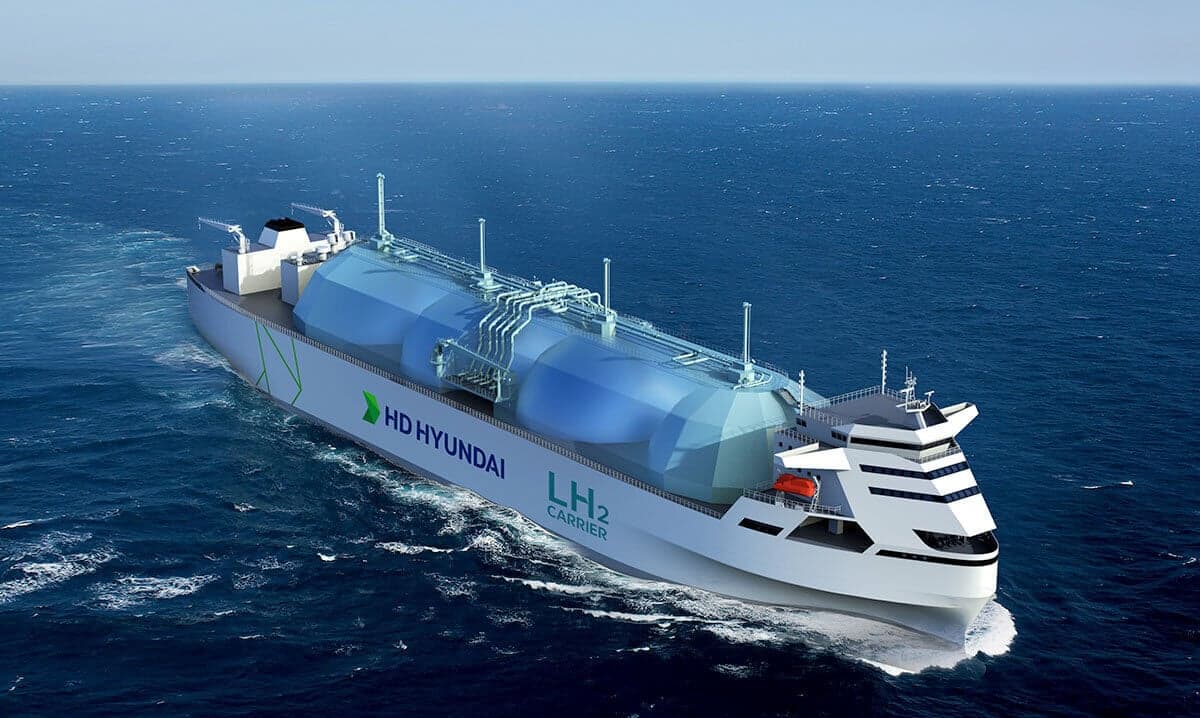
But adjustments still need to be made
In its last legislative period, the EU with the Green Deal agreed on net-zero decarbonization by 2050 – as the first continent ever. This is a bold and necessary step. Hydrogen plays an important role here. The new EU Commission must not lose this momentum, because slowness and nit-picking could jeopardize the goals of the Green Deal. To counter this, it helps to take a look at the reports of the European Court of Auditors (ECA).
“EU auditors see climate and energy targets at risk.” This was the headline of the European Court of Auditors itself in June 2023 (see p. 10). The reason: The climate protection measures until then were not enough. Nevertheless, the EU is doing well in a global comparison when it comes to reducing greenhouse gas emissions. According to the EU auditors, there is a lack of, among other things, capital to improve the measures.
Special report to serve as a roadmap
In July 2024, the European Court of Auditors again raised the issue of capital with regard to the use of hydrogen: “The development of an EU hydrogen industry requires massive public and private investment.”
Overregulation and discrimination against hydrogen compared to renewables are just two reasons why private investors are not investing in H2 projects to the extent they would like to. This in turn prevents production companies that see hydrogen as a substitute for fossil fuels from realizing their production with the help of hydrogen. A vicious circle.
To break through this, the EU Commission must establish precise market incentives for the generation and use of hydrogen – for example in the form of subsidies, which need to be increased. Because they are essential for the early introduction of new technologies. Subsidies stimulate innovation and ultimately private investment. They will ultimately lead to a competitive and sustainable H2 economy.
The EU auditors also see it this way. The EU Commission should therefore use the demands and recommendations of the special report on hydrogen as a roadmap for its new legislative period. Because, overall, the auditors likewise praise the use of hydrogen as part of the Green Deal.
The Commission has therefore created the right conditions for the establishment of an H2 market. However, it is important to make adjustments to the aforementioned factors, such as the lack of precise market incentives.
First establish e-fuels in ship and air transport
Will the end of the combustion engine not come after all? After the European elections, voices are being raised to overturn this ban. A glance back: The last EU Commission decided that no cars with combustion engines may be registered from 2035 onwards. Electric vehicles are therefore to replace gasoline and diesel. Critics of the combustion engine exit argue that, among other things, there is a lack of sufficient charging infrastructure, that the batteries are produced in China and that the resources come from China.
It should also be mentioned that the business with the necessary raw materials is a dirty one and the batteries are difficult to recycle. In April 2024, the European Court of Auditors also expressed doubts about the exit of the combustion engine.
With the discussion about the phase-out, the focus is shifting to hydrogen-based e-fuels. These are essential for maritime and air transport. Once these synthetic fuels have become established there and are economically viable, there is no reason why e-fuels should not also be used in private transportation.
In this respect, support comes from the German automotive association Verband der Automobilindustrie (VDA). It is calling for a ban on the sale of conventional gasoline and diesel starting 2045. E-fuels are to replace the fossil fuels – next to electric cars. The VDA therefore advocates technology-openness.
The EU Commission should also focus on these. Because the common goal is to decarbonize society and the economy. Therefore, there should be no exclusionism for one or the other technology – not only with regard to transportation, but also with regard to all relevant climate protection measures.







